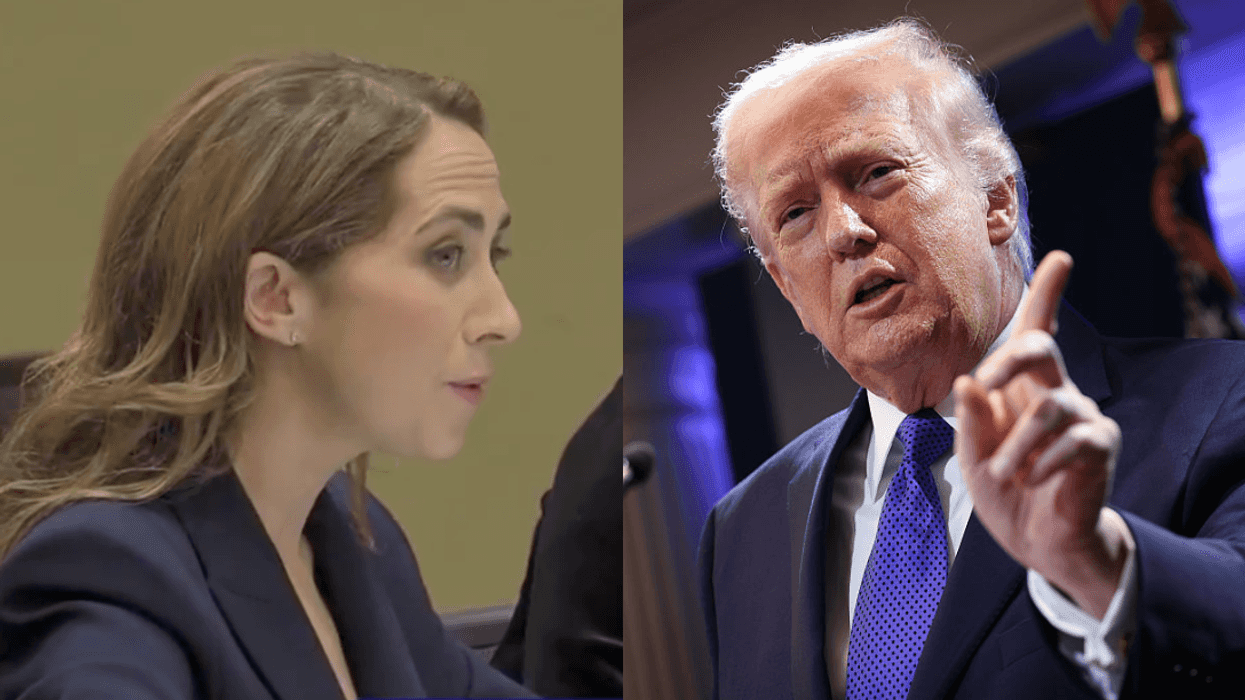In his efforts to claim Executive Privilege to conceal records from the House select committee investigating the January 6 insurrection, Trump continues his tradition of using litigation to block potentially damning documents.
Earlier this year, President Joe Biden waived executive privilege over certain documents relating to January 6, allowing the National Archives to turn the documents over to the committee.
Trump sued to keep the documents concealed, but a federal judge ruled that Biden is not required to honor Trump's executive privilege assertions because Trump is no longer the executive.
The former President appealed the decision, delaying the documents' release as a three-judge panel on the D.C. Circuit Court of Appeals considers it.
It was in front of this three-judge panel that Trump's lawyers buckled under scrutiny of their argument that an ex-president can somehow retain powers like executive privilege.
At one point, Judge Patricia Millet pointed out the Supreme Court's determination that a current President is "best positioned ... to [determine executive privilege] as to the interests of the executive branch."
Millet then asked:
"So what do we do with this dispute between a current and a former president?"
Trump's defense lawyer, Justin Clark, responded that Millet was "fundamentally right" in her assertion, but that the case was dealing with fundamental questions about executive privilege complications.
Judge Ketanji Brown Jackson framed the question of who retains privilege in regards to what's in the best interest of the nation:
"Is it the current occupant of the White House or the former who does have some interest in the confidentiality of the documents?"
When Clark emphasized a President can specify time periods for his documents to be released to the public, Jackson responded that Congress—whose job is partly to oversee the Executive Branch—is not the public. Clark acknowledged this, but then said Congress had to demonstrate a valid need to see the documents.
Jackson responded:
"But again, Mr. Clark, I guess I'm still confused as to why the former President gets to make that decision."
Social media users shared their exasperation.
There is only one POTUS. That is the person who conducts foreign policy and can classify/declassify documents. Former occupants of that office have no power to stop the current POTUS from performing constitutional duties.
— Pablo Rodriguez (@pjrodriguez305) December 1, 2021
The Court of appeals has every right to be skeptical of Trump's Executive privilege claim! Simply because he's no longer in the white house, and it seems like he has something to hide! Hello?
— luis rodriguez (@magentareddot) December 1, 2021
The current President of the United States has the power to classify or declassify documents for national security. If the current President chooses to release documents that is solely within the President’s purview. Donny is an individual citizen.
— Pablo Rodriguez (@pjrodriguez305) December 1, 2021
The former president has NO executive privilege, never has never will. Not to mention that executive privilege cannot be invoked to cover up crimes.
— Cheeto’s Nightmare (@CheetoNightmar1) November 30, 2021
There is no argument. Why? Those documents do not belong to Donald Trump. The Presidency/Executive branch is in no way Trumps personal business and elected leaders/courts need to stop treating it like it is!
— Real American (@realnewsrealnfo) November 30, 2021
They're eager to see the documents.
Release the documents,right damn now
— seth mcconnell74 (@sethmcconnell2) December 1, 2021
They need to make a decision yesterday
— Sopoetry (@fisforgamily) November 30, 2021
Why would Trump try so hard to hide documents that could prove him to be innocent? 🤔
— Julio the guard donkey🌼🌻✌🏽🇺🇸 (@DonkeyJulio) November 30, 2021
ENOUGH ALREADY! Release the dam documents arrest all those involved in any way shape form or fashion for treason sedition and anything else we can think of and lock all of them the fu:) up! https://t.co/83mLbJlWvS
— Jcon1🇺🇸 (@jwconant1) November 30, 2021
It's uinclear when the court will issue its ruling.

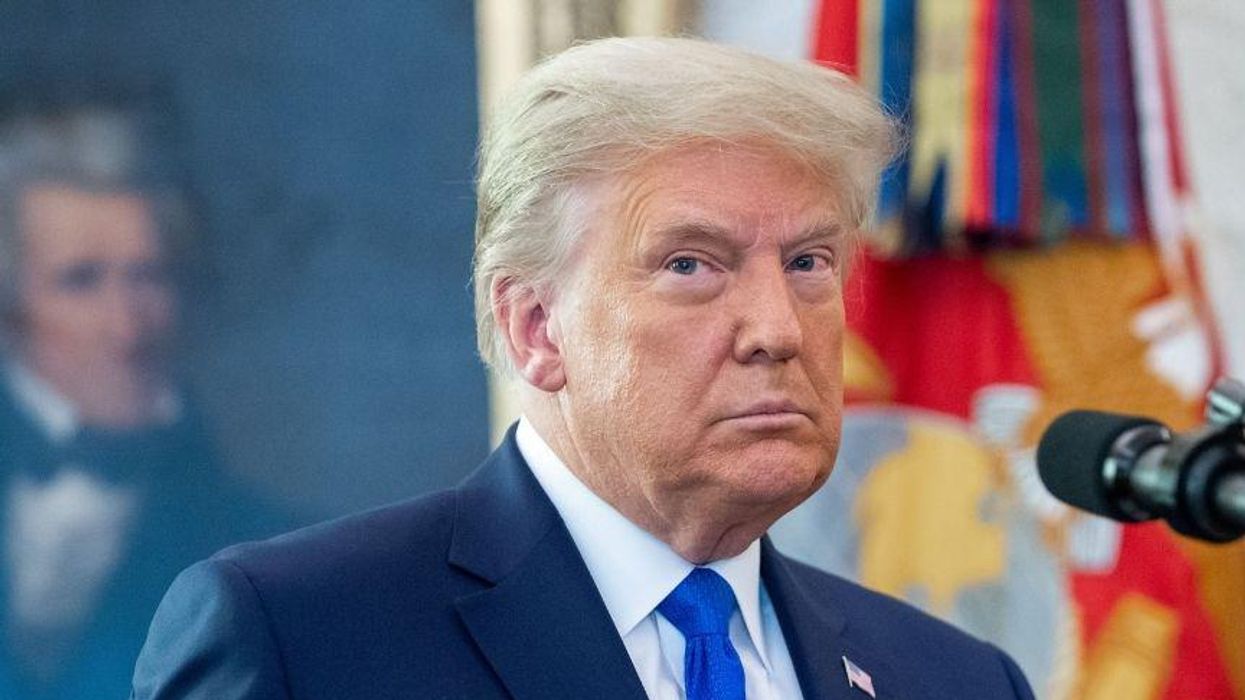

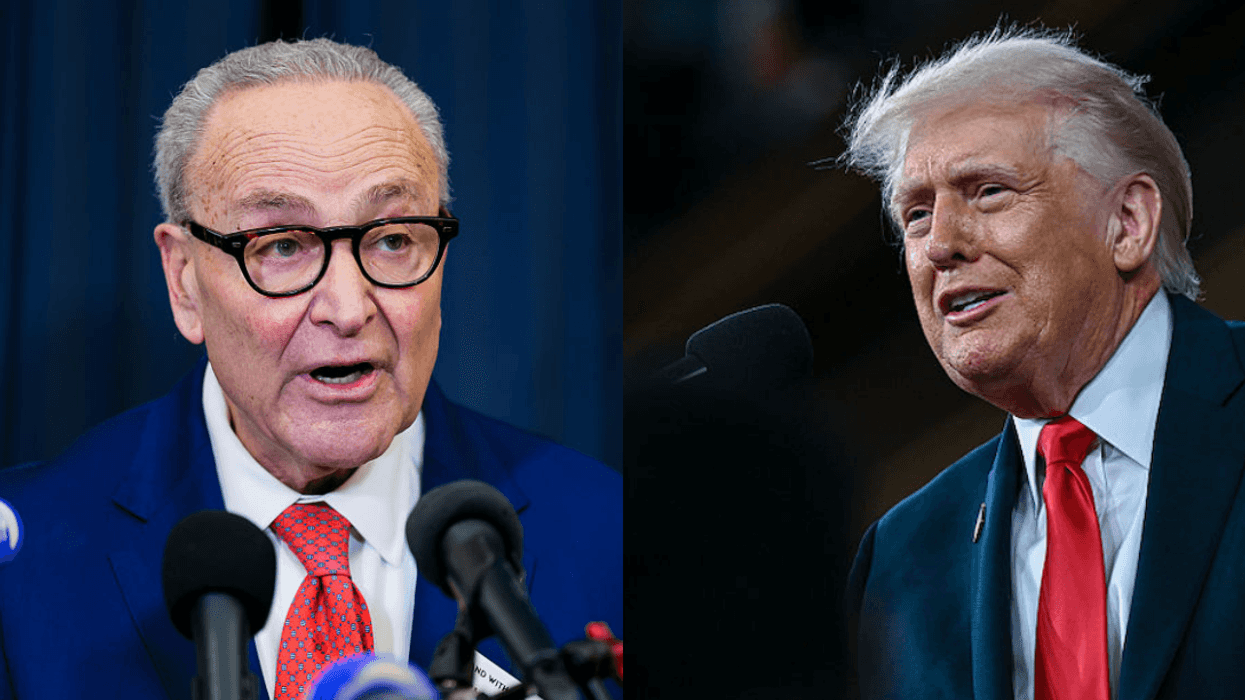


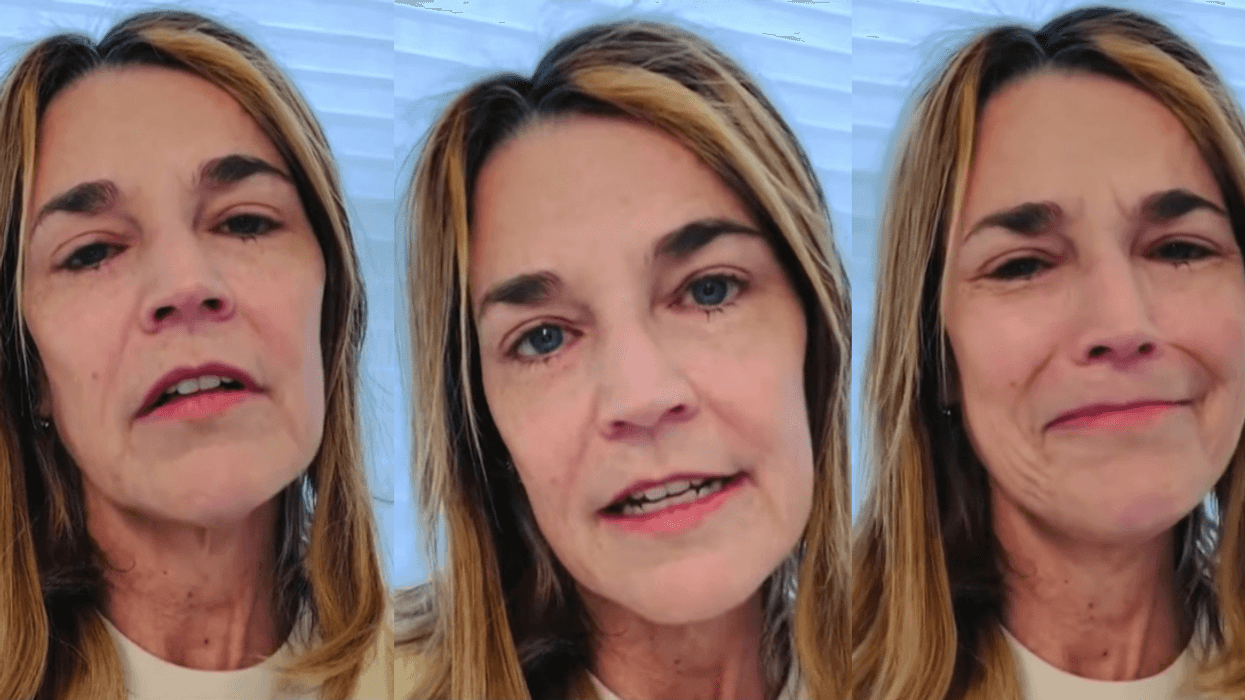
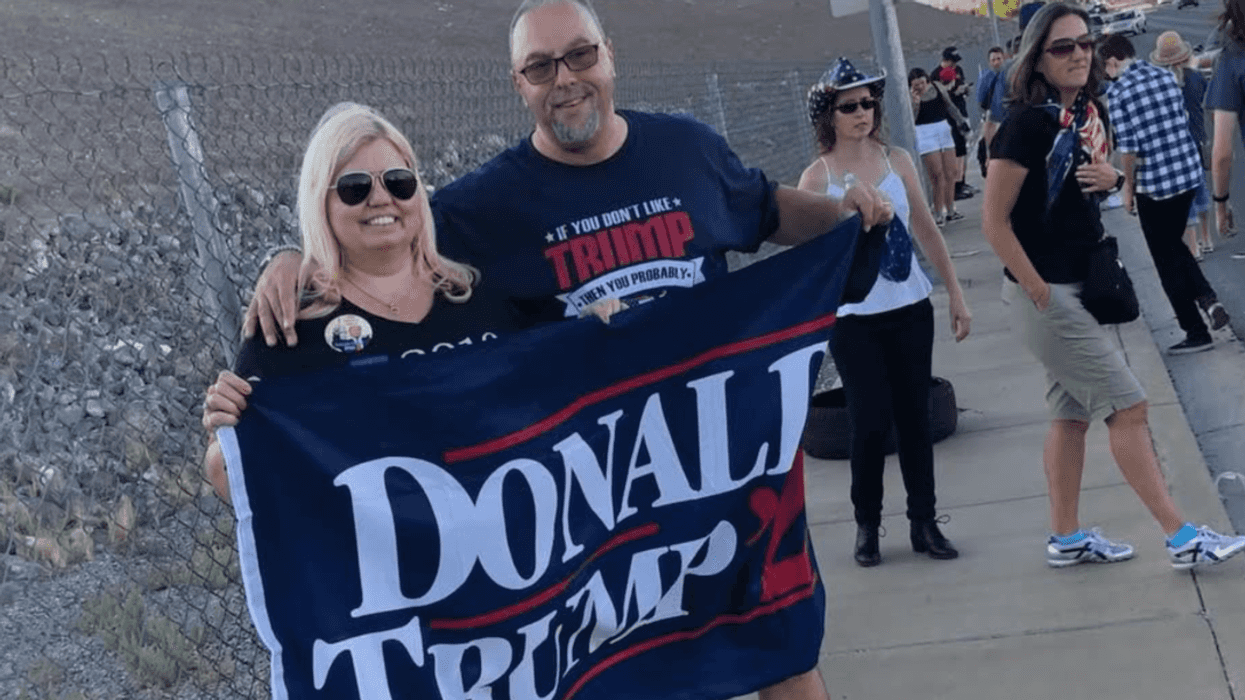
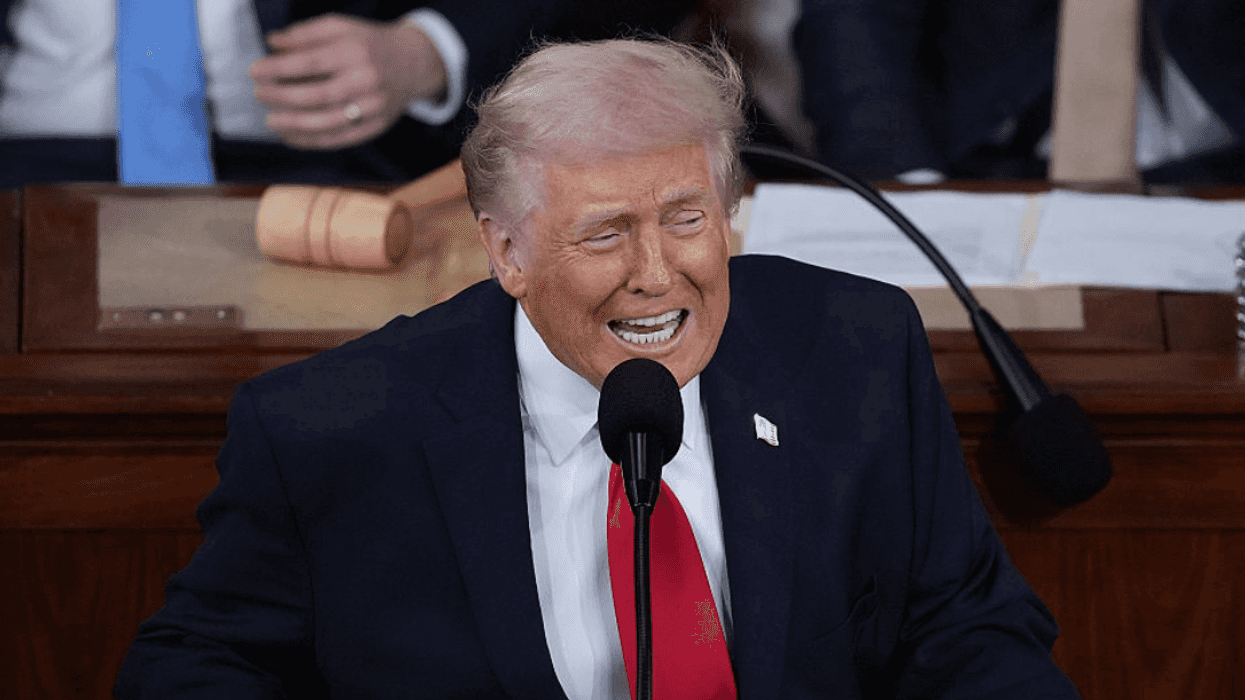




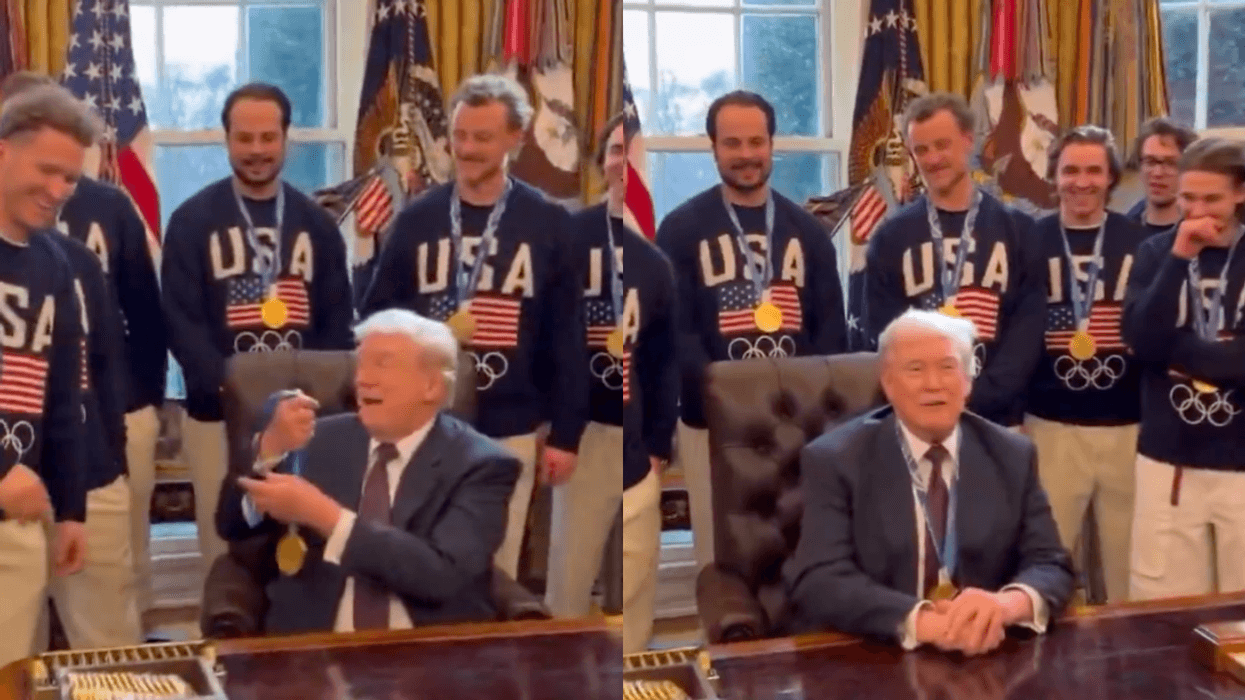
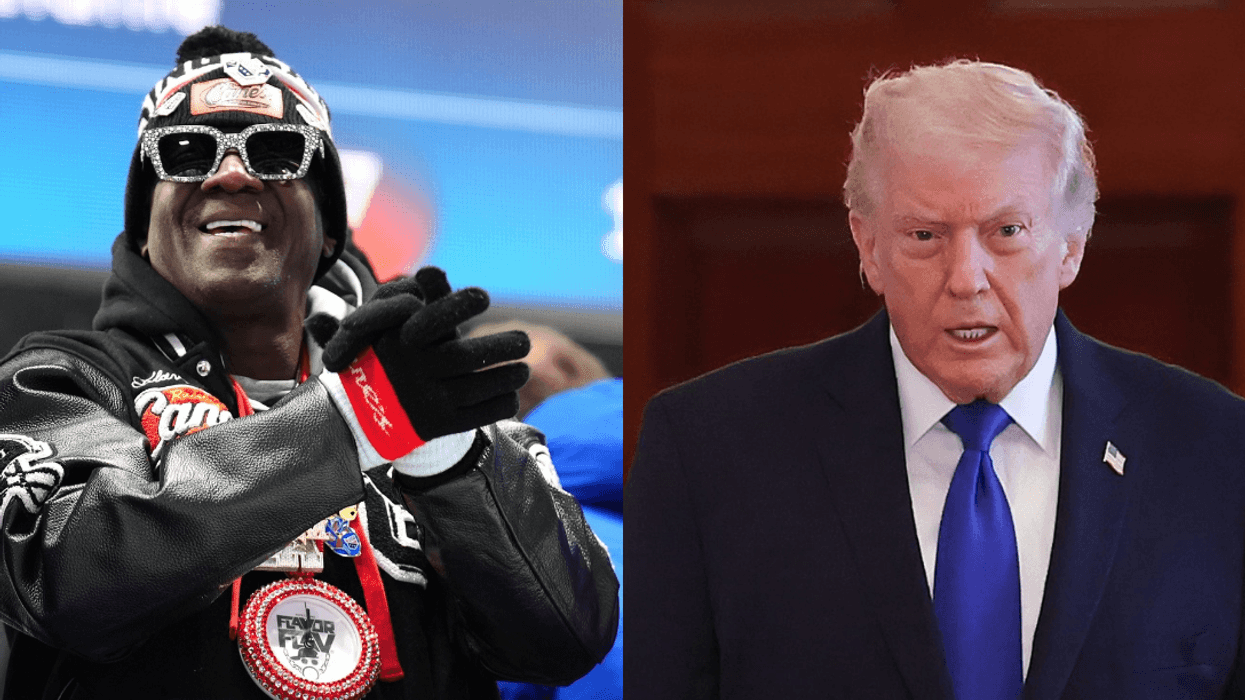
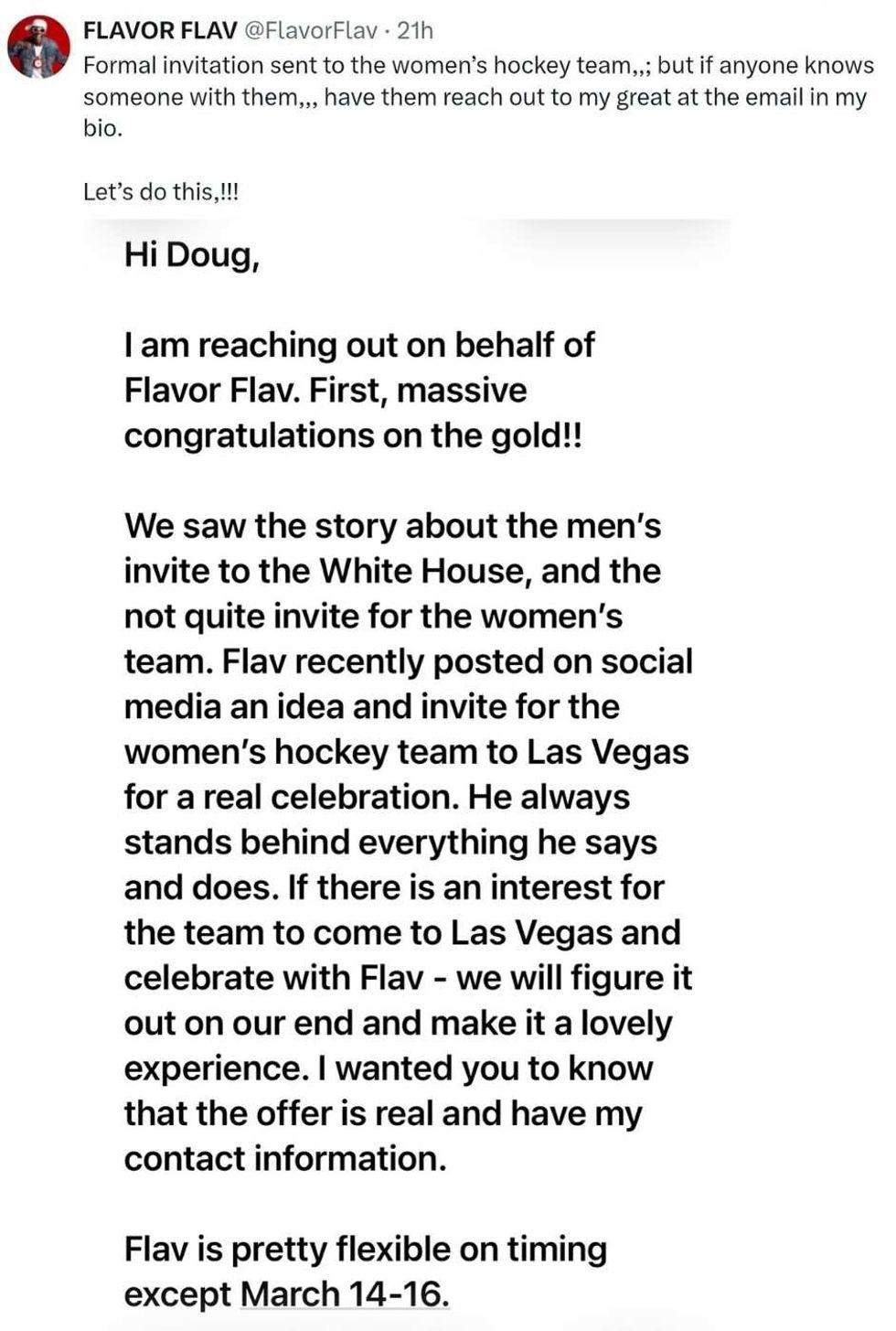 @FlavorFlav/X
@FlavorFlav/X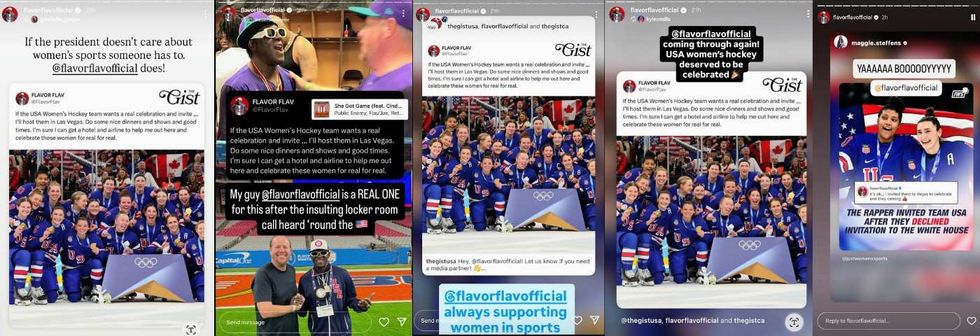 @flavorflavofficial/Instagram
@flavorflavofficial/Instagram @flavorflavofficial/Instagram
@flavorflavofficial/Instagram
